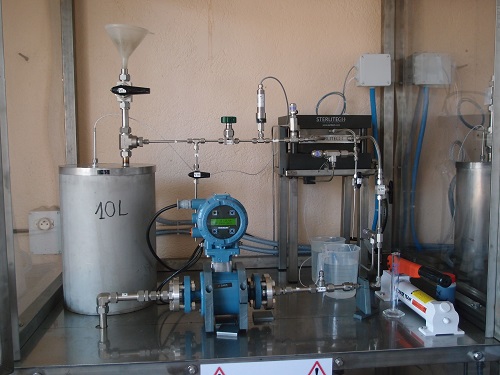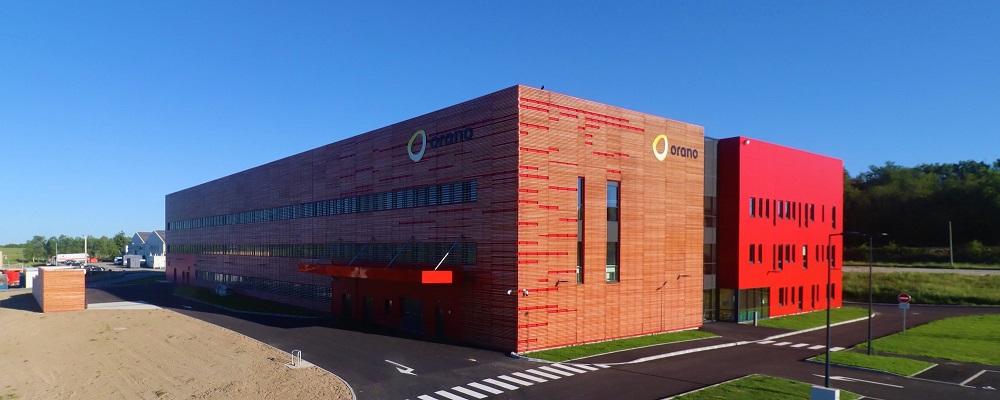
Process : Treatment of waste water
An innovative process to treat your water and wastewater
-
Natural water (groundwater, surface water, rainwater) is the main source of drinking water, however, these waters may contain pollutants. Indeed, many industrial processes generate polluted wastewater that requires special treatment.
The nuclear industry (from mining to material recycling) is responsible for the presence of radionuclides (uranium, radium, caesium, etc.) or other chemical species (e.g. nitrates) in different wastewaters. These effluents are treated in accordance with the applicable environmental standards prior to discharge into receiving waters. However, in the interest of continuous improvement, the nuclear industry wishes to develop new innovative processes that are more efficient and more economical, which constitutes a challenge.
-
CIME develops tailor-made wastewater treatment solutions for its various customers using various types of innovative techniques including:
- Adsorption from synthetic or natural materials (resins, zeolites, etc.)
- Chemical precipitation
- Membrane technology
- Biological cleaning
CIME also offers to support its customers from the definition of the solution to its implementation on the customer’s site. The process can be summarised in 4 main steps:
- Definition of wastewater treatment and experimental conditions through literature and solid experience.
- Experiments are conducted at the laboratory level to determine treatment effectiveness.
- Operating conditions and results are confirmed at the pilot scale.
- Implementation at the customer site
- A tailor-made solution tailored to your needs
- Support from finding a suitable solution to its implementation
- Pilot scale laboratory study
- Mobile pilot plant (skid) to work at customer site (20 or 40 foot container)
-
- Improving the efficiency of wastewater treatment
- Decrease in wastewater treatment costs
- Process simplification
-
-
-



